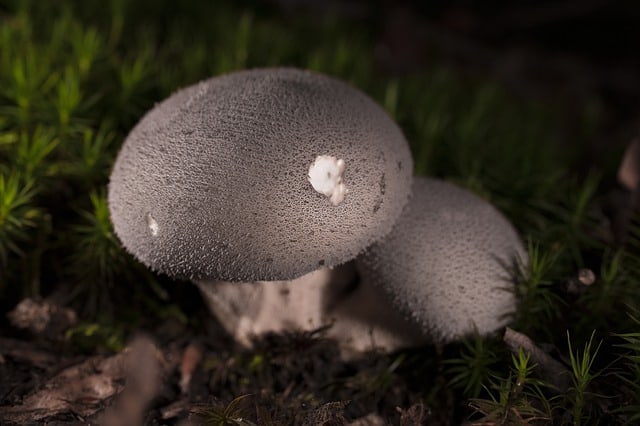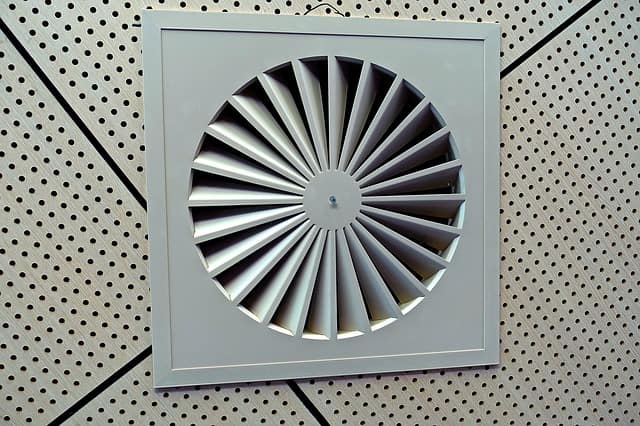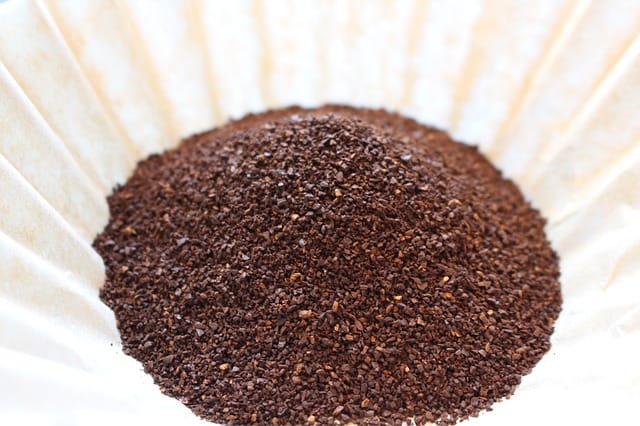Mushrooms in your yard can be a huge hassle. If you want to get rid of them, you need to make sure you are using the right stuff to make them go away and prevent them from coming back.
You might have heard stories that claim Epsom Salt will kill unwanted mushrooms. This is surprisingly true, and it is even safe for your grass.
Epsom salt contains magnesium sulfate. This means it provides plants with essential nutrients, making it safe to use on grass.
Epsom salt is an easy way to kill mushrooms without killing your grass. You just need a mixture of Epsom salt, vinegar, and dish soap.
Why Are Mushrooms Growing in My Yard?
In most cases, when mushrooms grow in your yard, it means your soil is healthy. Mushrooms are a sign that your soil has sufficient moisture levels.
Even though they can be a good sign, they are still frustrating to deal with. Before you try to remove the mushrooms, you need to know the proper way to do it. Mushrooms can spread, like flowers, which you want to prevent.
What is Epsom Salt?
Epsom salt is a chemical compound that consists of oxygen, sulfur, and magnesium. Although it has salt in its name, it isn’t like regular salt.
It is mostly used to help muscles relax, relieve headaches, and relieve stress. It works quickly to improve mood and reduce inflammation.
How to Kill Mushrooms with Epsom Salt
Using Epsom salt to kill mushrooms is quick and easy. You don’t have to worry about your grass dying, as Epsom salt will provide your grass with nutrients.
You will need to make a mixture of Epsom salt to spray on mushrooms to kill them. There are two ways that you can create an effective mixture.
First, you can mix a couple of tablespoons of Epsom salt with warm water. Mix the Epsom salt with the water and let it sit for a few minutes to soak before spraying.
Next, you can mix Epsom salt with vinegar and dish soap. Add one tablespoon of Epsom salts to a gallon of vinegar, then add a dash of dish soap. Shake the mixture to combine, then spray on mushrooms.
Getting Rid of Mushrooms without Epsom Salts
If you don’t have Epsom salts, or you aren’t convinced that it will work, there are other ways that you can get rid of mushrooms in your yard. There are six simple steps that you can follow to kill mushrooms in your yard.
Five Step Process
First, it is essential to remove mushrooms as you see them appear. Be very careful during removal, making sure you place the mushrooms are sealed in a bag to prevent the spores from generating new mushrooms.
Add a nitrogen fertilizer to your yard. It is recommended to use one pound of nitrogen fertilizer for every 1,000 square feet of yard space. This will make any remaining pieces of mushroom decay at a quick rate.
Mushrooms need a ton of moisture to grow, so you will want to dig up mushroom clusters and get rid of any debris that is decaying. When you dig up the mushroom clusters, you are removing their food source, causing them to die.
Next, mix a gallon of warm water with one tablespoon of dish soap. Poke holes in the soil around where you removed the mushroom clusters. Pour the soapy water into the soil, and this will kill any remaining pieces of the mushroom left behind.
If you notice that you are having a ton of mushrooms growing in one area, there is a high chance that your yard is too wet. If you check the soil and this is the case, you will need to dry the lawn out.
The best way to dry your lawn out is by adding French drains to the yard. This will prevent the yard from getting too wet and promoting the growth of unwanted mushrooms.
Use Vinegar
Using vinegar is another quick and easy way to get rid of unwanted mushrooms in your yard. Vinegar has an ingredient called acetic acid that is extremely efficient when it comes to killing mushrooms.
All you need to do to kill mushrooms with vinegar is mix one part of vinegar with four parts of water. It is extremely important to make sure you are only spraying the mushroom and not the grass.
Vinegar has the ability to kill grass and plants. If you spray your plants or grass with your vinegar mixture, you will notice that your grass is looking unhealthy. Always be careful and only spray the vinegar on the mushroom.
Do I Need to Kill Mushrooms in My Yard?
If there is no risk of a pet or child ingesting the mushroom, it is safe to keep living. If there is no danger involved with the mushrooms, you can leave them be.
Mushrooms can work for you by feeding your lawn and breaking down plant matter from dead plants. If you leave the mushrooms to do their work, you will notice that your yard looks a lot better.
What Should I Do If the Mushrooms Are in Mulch?
Mulch is an extremely rich decaying matter. This means it is the perfect matter for mushrooms to grow in, but they can make your garden look messy and unpresentable.
There are six extremely popular ways to get rid of mushrooms that are growing in mulch. You can use baking soda, store-bought fungicides, white vinegar, fertilizers, or water and warm soap.
Baking soda will increase the pH level of your mulch, preventing any more mushrooms from growing. There are also fungicides made specifically for use in mulch that can help get rid of mushrooms.
Vinegar contains acetic acids which works to kill spores of mushrooms. Soap and water is another safe option that can be used in your flowerbed without having to worry about your plants dying.
Fertilizers are great because they make your plants grow better and prevent mushroom growth at the same time and you will notice results quickly.
Hi, I’m John Stephens, chief editor and writer for Totalgardener.com. I’ve been gardening and raising animals for over 15 years starting with a small backyard plot in Northern Virginia where I grew corn, potatoes, squash, and using a high mulch technique called the Ruth Stout Method. I also raised ducks and small mammals for meat and eggs in a movable pen similar to the ones used by Joel Salatin. I later moved to Colorado where I experimented with growing greens using aquaponics inside. I eventually added a microgreens setup and home sprouting operation. I’m excited to share everything I’ve learned plus more from the other local gardening and animal raising experts I know.



